What Happens if You Are Sued for a Nursing Care Accident? An In-Depth Explanation of Facility Liability and Countermeasures
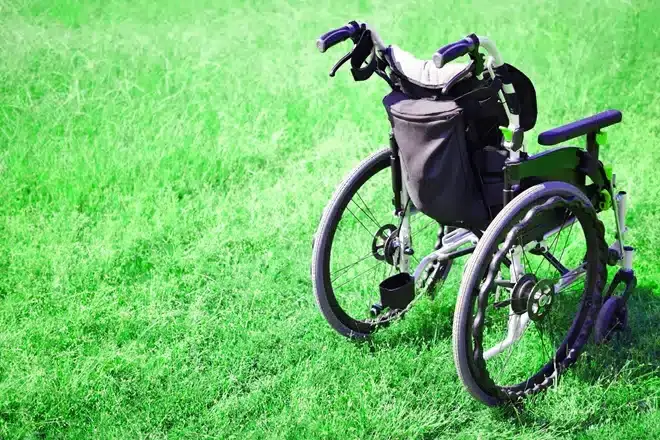
Accidents in nursing care facilities can occur despite the utmost caution. This is because the users of these facilities are often elderly or physically challenged individuals who are more prone to accidents such as falls or choking (aspiration, which will be explained later).
When an accident in a nursing care facility occurs and has a serious impact on the life or health of a user, it is not uncommon for the user or their family to file a compensation lawsuit. If you are sued over a nursing care accident, how should you respond? You may also wonder whether the responsibility lies with the facility or the staff.
This article will explain scenarios in which a nursing care facility may be sued, the responsibilities of the facility and staff, and how to handle claims for damages.
Cases Where Care Facilities Are Sued for Accidents
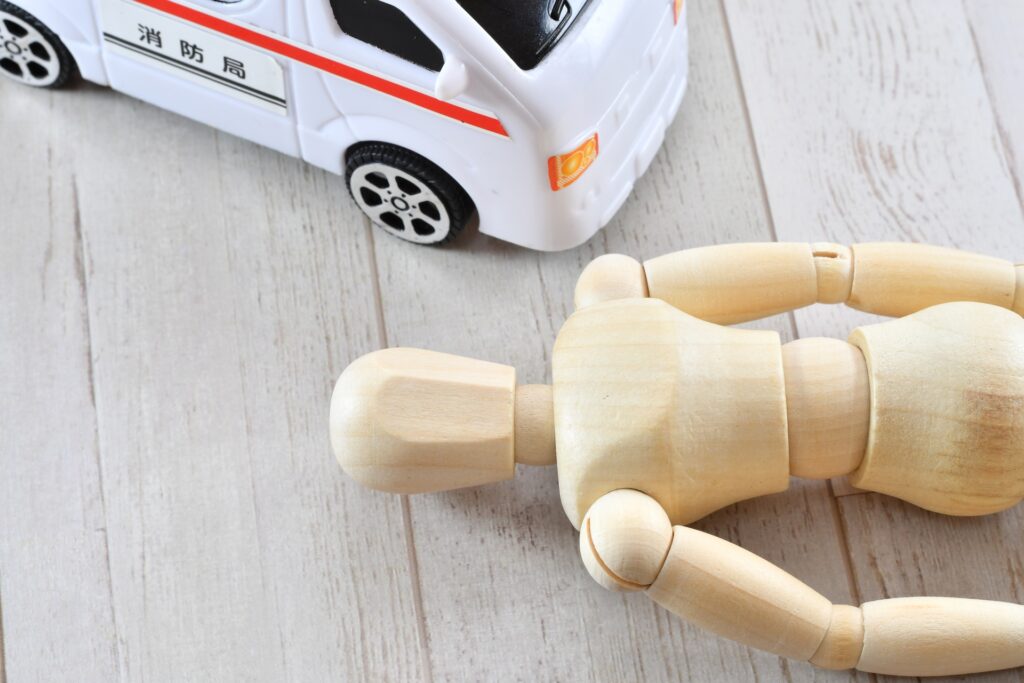
In care facilities, various supports are provided to ensure that the elderly and those with disabilities can live comfortably. However, it is also true that accidents can occur during the provision of care services, such as when residents fall or experience choking incidents.
When an accident occurs in a care facility, there is a possibility that the facility may be legally sued. Here, we will explain the differences between cases that lead to litigation and those that do not, with specific examples.
Specific Examples
According to a survey by the Japanese Public Interest Incorporated Foundation for the Stability of Care Work, the most common accidents in care facilities are falls, drops, and slips, accounting for 65.6% of all incidents. Falls often occur during transitions to wheelchairs or beds, or while using the toilet or bathing.
The next most common are choking accidents, which account for 13% of all care accidents. Choking accidents are more common among users with decreased swallowing function (the series of functions that move food from the esophagus to the stomach) and the elderly. Choking refers to the phenomenon where food enters the airway (trachea) for some reason, which in the worst case, can lead to asphyxiation.
Other incidents include medication errors where residents take the wrong type or amount of medication, abuse by staff, wandering accidents where residents walk around inside or outside the facility unattended, and accidents involving damage or loss of residents’ property.
Reference: Japanese Public Interest Incorporated Foundation for the Stability of Care Work | Research Project on the Prevention of Accidents Related to the Use of Care Services[ja] (Document P3)
Differences Between Cases That Lead to Litigation and Those That Do Not
Not all care accidents lead to litigation. This is because in some cases, the parties can come to an agreement through discussion.
For example, if a resident’s belongings are lost or damaged, the incident is often minor and can usually be resolved through discussion. Similarly, when the impact on the resident’s life or property is minimal, such as with a scratch, the situation rarely escalates to litigation.
On the other hand, when a care accident has a significant impact on a resident’s life or health, especially in the case of a fatal accident, it is more likely to lead to litigation. Furthermore, if the facility has decided to compensate the resident but the resident is not satisfied with the amount, there is also a risk that the case may go to court.
Responsibilities of Nursing Care Facilities and Staff

When an accident occurs in a nursing care facility, it is essential to clarify the responsibilities involved. This section will explain the respective responsibilities of the facility and its staff.
The Difference Between Employer Liability and Personal Liability
Employer liability, based on Article 715 of the Japanese Civil Code (民法第715条), refers to the responsibility that an organization bears when its employees cause damage to a third party in the course of their duties.
On the other hand, personal liability pertains to the responsibility of the individual employee, as stipulated by Article 709 of the Japanese Civil Code (民法第709条) concerning liability for damages due to non-performance of obligations. If an employee intentionally or negligently infringes upon the rights or interests of a client, the individual employee is liable for compensating the damage.
Articles 715 and 709 of the Civil Code are described as follows:
(Liability of Employer, etc.)
Article 715: A person who employs another person for a particular business shall be liable to compensate for any damage caused to a third party by the employee in the execution of the business. However, if the employer exercised due care in the selection and supervision of the employee, or if the damage would have occurred despite such care, the employer is not liable.
2. A person who supervises the business on behalf of the employer shall also be liable under the preceding paragraph.
3. The provisions of the preceding two paragraphs do not prevent the employer or supervisor from exercising their right of recourse against the employee.
(Liability for Damages due to Tort)
Article 709: A person who, intentionally or negligently, infringes upon the rights of another person or legally protected interests, shall be liable to compensate for any damage arising therefrom.
Source: e-Gov Japanese Civil Code[ja]
Responsibility Sharing Between Nursing Care Facilities and Staff
As previously mentioned, when a staff member causes an accident, the nursing care facility also bears responsibility. Furthermore, in the event of an accident due to inadequate facilities or structure, the nursing care facility must assume liability for damages (Japanese Civil Code Article 717 – Liability for Defects in Property).
In addition, the facility may be held liable for damages due to non-performance of obligations (Japanese Civil Code Article 415). Liability for damages based on non-performance of obligations arises when the duties promised in a contract are not fulfilled.
Non-performance of obligations refers to the state of not fulfilling duties stipulated in a contract. If damage occurs due to the contractual partner’s non-performance of obligations, it is possible to claim damages from the other party based on the Japanese Civil Code.
There are also cases where liability for damages may be pursued due to a breach of the duty of care. The duty of care is the obligation to provide services safely without infringing on the rights and interests of users, such as life, body, and property.
For example, if an accident was foreseeable and could have been avoided, yet no preventive measures were taken, this could be considered a breach of the duty of care.
Individual staff members may also be held criminally responsible, in addition to the possibility of being liable for tort under Japanese Civil Code Article 709. The relevant criminal liability includes negligence causing death or injury in the course of duty (Japanese Penal Code Article 211).
However, since individuals typically have less financial power than facilities and there is a limit to the amount of compensation that can be claimed, unless the case is particularly egregious, it is rare for responsibility to be pursued.
The Role and Limitations of Liability Insurance
Liability insurance plays a crucial role in covering a portion of the compensation claims arising from accidents or negligence in nursing care facilities. However, the reality is that there are limitations to the compensation covered, depending on the type of nursing care liability insurance and the amount of insurance money paid out.
In cases of fatal accidents, the compensation can exceed 10 million yen, and for severe residual disabilities, it can reach up to 28 million yen. If the compensation due to an accident exceeds the coverage limit, the excess must be borne by the nursing care provider.
If you are concerned about whether the compensation for damages can be paid within the coverage range, it is advisable to review your current insurance and ensure that it can adequately respond to compensation claims, even in the event of a fatal accident.
When utilizing insurance, a detailed investigation of the nursing care accident and interviews with the involved parties are necessary. Based on these findings, discussions with the insurance company regarding the payment of compensation and the amount to be paid will take place, which means that it can take time before the compensation is paid out.
If compensation is not paid over a long period, and dissatisfaction among users or their families increases, the case may not be resolved through negotiation and could be taken to court. When using nursing care liability insurance, it is important to explain the payment process and timeline to the users and their families to provide them with peace of mind.
Furthermore, by regularly reporting on the progress and showing sincerity, unnecessary disputes can be prevented.
Responding to Damage Compensation Claims

When a nursing care accident occurs and the user or their family makes a damage compensation claim against the facility, there are three main steps to determine the compensation amount. Here, we will explain each step in detail.
Settlement Negotiations
Before proceeding to litigation, the first step is to engage in settlement negotiations. A settlement is a method where the parties involved in a dispute resolve their issues through discussion. Since settlement negotiations do not involve the courts, a swift resolution can be expected.
It is common for insurance companies to mediate between the facility and the user’s side to assess the damage compensation. If both parties agree on the compensation details, they will exchange a settlement agreement and conclude the matter with the payment of the compensation amount.
However, it is not uncommon for the initial settlement negotiations to not result in an agreement. If it is difficult to reach a consensus, a lawyer designated by the insurance company will intervene and negotiate again. Nursing care accidents differ from traffic accidents in that they vary in type and require specialized knowledge.
Even if a lawyer is introduced through an insurance company, if they are not well-versed in the field of nursing care, it may take time to reach a resolution as they need to understand the specialized terminology, which could also lead to unfavorable conditions for the facility. In addition to settlement negotiations, the facility may also need to engage in discussions with the insurance company and prepare reports, which could disrupt normal operations. To achieve an early resolution, it is crucial to enlist a lawyer with expertise in the field of nursing care from the settlement negotiation stage.
By hiring a lawyer, you can receive legal advice for the negotiations and have them prepare the necessary legal documents as your representative. Furthermore, if the lawyer is knowledgeable in the nursing care industry, they will also have experience dealing with nursing care accidents, which can provide a clearer outlook for the future and allow you to handle the situation with confidence.
Mediation
If a settlement cannot be reached, the user or their family may file for mediation.
Mediation is a system where a neutral and impartial mediator (appointed by the court with extensive knowledge and experience in social life or specialized knowledge) facilitates discussions between the parties to resolve the dispute.
Like settlements, mediation requires the formation of an agreement that is satisfactory to both parties.
Litigation
If settlement negotiations fail and mediation is unsuccessful, the case may escalate to litigation (it is also possible to be sued directly without going through mediation). The litigation process is as follows:
- Both parties present their arguments and submit evidence to support their claims in court.
- Procedures for questioning the parties themselves and witnesses are conducted.
- A judgment is rendered by the court.
If the court finds the facility responsible for the accident, it may order the payment of damages through a judgment. Although litigation can take several years depending on the case, it is also possible to reach an early resolution through settlement procedures in court.
Settlement procedures are contracts where the parties make concessions to each other to end the dispute and reach an agreement.
Strategies for Business Operators and Managers to Prevent Care Accidents

For care service providers and managers, preventing the occurrence of care accidents is a critical issue. Moreover, should an accident occur, it is essential to respond appropriately.
Here, we will explain specific measures to prevent care accidents and key points to avoid being at a disadvantage in litigation.
Mindfulness for Accident Prevention
To prevent accidents, the following measures can be implemented:
- Establishment of an Accident Prevention Committee
- Creation of a Caregiving Accident Prevention Manual
- Collection, analysis, and verification of near-miss incidents
- Conducting study sessions and training on caregiving accident prevention
In some cases, it may be necessary to devise facility-wide equipment, such as installing sensor mats to prevent falls or laying impact-absorbing mats in preparation for falls.
The users of caregiving facilities are often individuals with physical limitations due to old age or those who find independence challenging due to conditions like dementia. Caregiving services play a role in supporting users to continue actions and movements they can perform on their own while maintaining their daily lives.
Since caregiving services do not support every aspect of the users’ lives, it is challenging to constantly monitor and prevent accidents. However, making every possible effort to take preventive measures and strive to avert accidents is indispensable for the facility.
The Importance of Record-Keeping
To avoid being at a disadvantage in the event of litigation, it is crucial to maintain detailed records related to any incidents. If records are kept, they can serve as evidence of the facility’s appropriate response and help mitigate legal risks.
It is essential to document the date and location of the incident, the names of the staff involved, a detailed account of the incident, and the actions taken and conditions after the occurrence. Conduct interviews with the caregiving staff involved and ensure to keep photographic evidence as well. These records will also be invaluable when creating a Japanese Nursing Care Accident Report.
For more information on Japanese Nursing Care Accident Reports, please refer to the following article.
Related Article: The Importance of Nursing Care Accident Reports: How to Write and What to Watch Out For[ja]
Enrollment in Liability Insurance
One measure for addressing caregiving accidents is to enroll in welfare professional insurance (personal liability insurance). Welfare professional insurance is a policy that covers not only accidents that occur during the specialized work of caregivers and social workers but also a wide range of accidents that happen during general work activities while on duty.
This insurance provides coverage for incidents that may occur outside of specialized tasks, such as breaking a client’s belongings or damaging a blood pressure monitor while cleaning up after its use. On the other hand, caregiving liability insurance is designed to prepare for accidents that occur during specialized work, and does not apply to accidents that happen outside of these professional tasks.
Caregiving professionals carry out extremely important work that involves human life. By enrolling in welfare professional insurance, employees can be assured of broad coverage for accidents that occur while on duty, allowing them to perform their tasks with peace of mind.
Consulting with Experts
In the unfortunate event of an accident, it is crucial to consult with a legal expert, such as an attorney, at the earliest opportunity.
When an accident occurs, you will be responsible for recording the incident, creating a care accident report, and conducting negotiations. Legal knowledge is indispensable, and researching it can consume a significant amount of time, potentially disrupting your primary business operations.
By engaging an attorney, you will receive not only legal advice but also assistance with document preparation as your representative. You can also obtain guidance on the next steps and suggestions for resolution, which can alleviate the stress and burden associated with accident response.
Since attorneys specialize in different areas, it is essential to consult with one who is well-versed in the field of caregiving.
Summary: Consult a Lawyer for Compensation Claims in Nursing Care Accidents

When a nursing care accident occurs, the facility may be held responsible. This is particularly true if the incident has a significant impact on the user’s life or health, or leads to death, which could escalate to litigation.
In the event of litigation, handling the lawsuit, preparing documents, and negotiating with the opposing party can be an overwhelming burden if done alone. If you want to respond smoothly and with peace of mind, it is advisable to seek the services of a lawyer with expertise in the field of nursing care.
By engaging a lawyer, you not only receive advice from a legal perspective, but you also get support in dealing with the accident and document preparation, which can significantly reduce the burden on the facility.
Guidance on Measures by Our Firm
The caregiving industry is governed by a complex web of laws, including the Japanese Long-Term Care Insurance Act, the Japanese Elderly Welfare Act, and the Japanese Companies Act. Monolith Law Office serves as legal advisors to the Japan National Federation of Caregiver Service Providers and to caregiver service providers across all prefectures, possessing extensive know-how in laws related to caregiving businesses.
Areas of practice at Monolith Law Office: Corporate Legal Affairs for IT & Startups[ja]
Category: General Corporate
Tag: General CorporateIPO


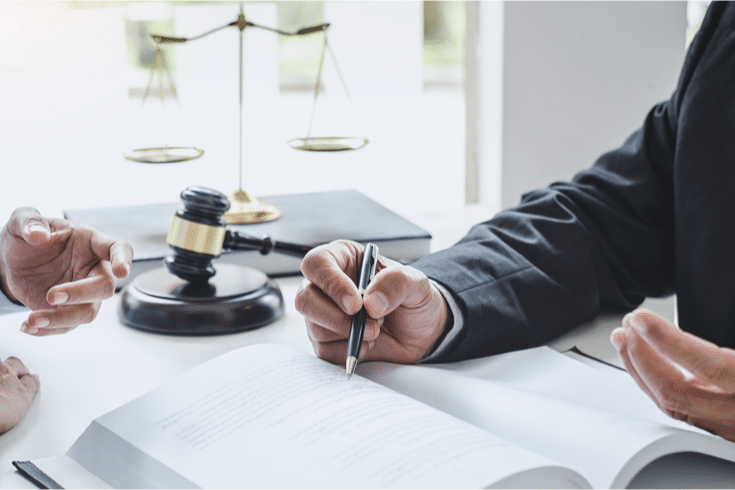


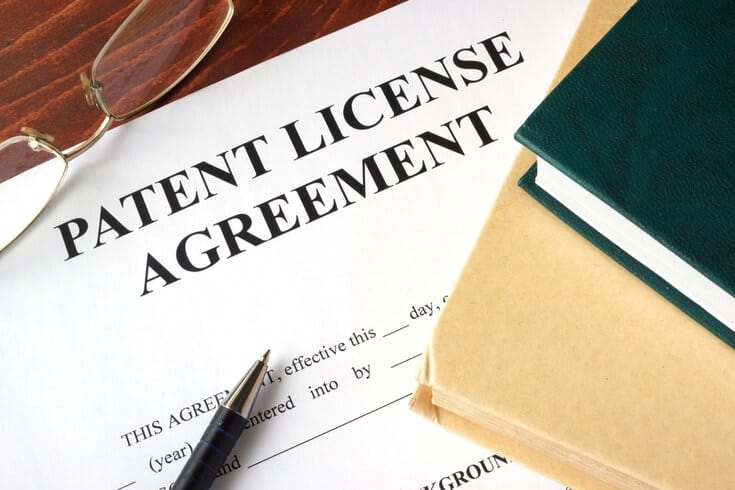
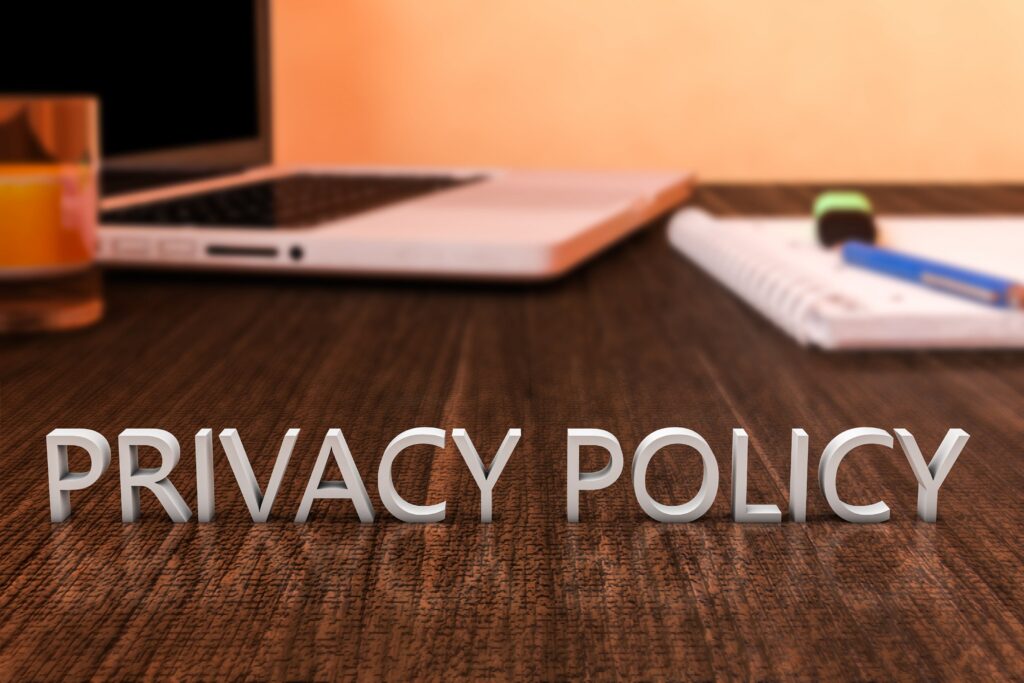


![[Latest Edition] What is the Personal Information Protection Law? Essential Basics You Should Know, Clearly Explained](https://monolith.law/en/wp-content/uploads/sites/6/2026/01/7754792bacecaafed2fca2c081c09987-1024x683.webp)











